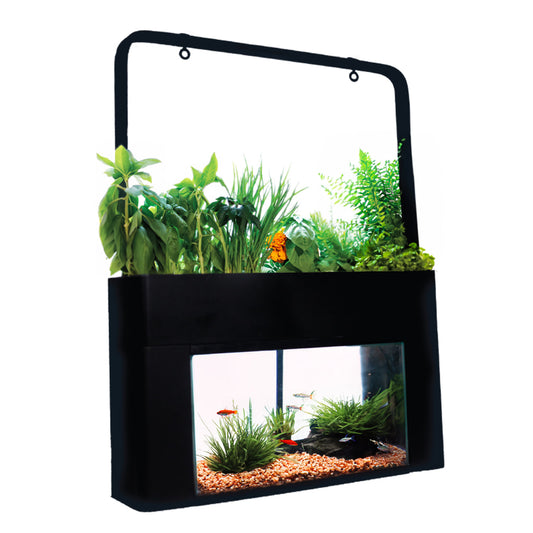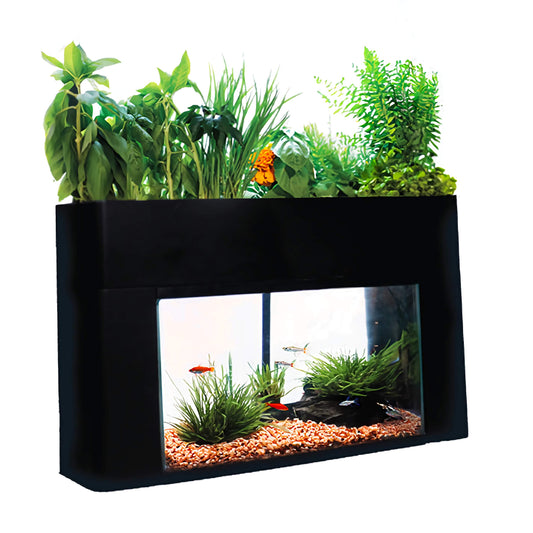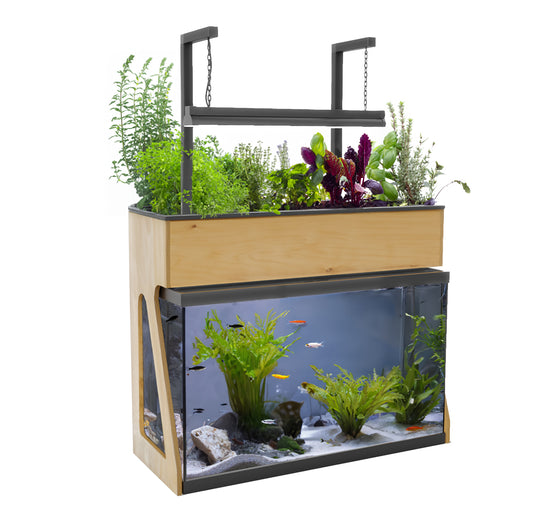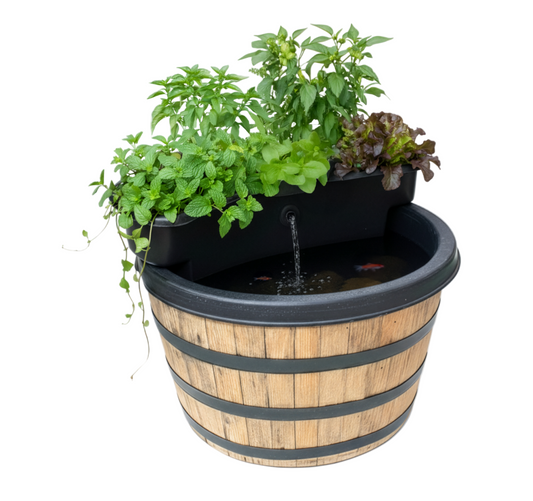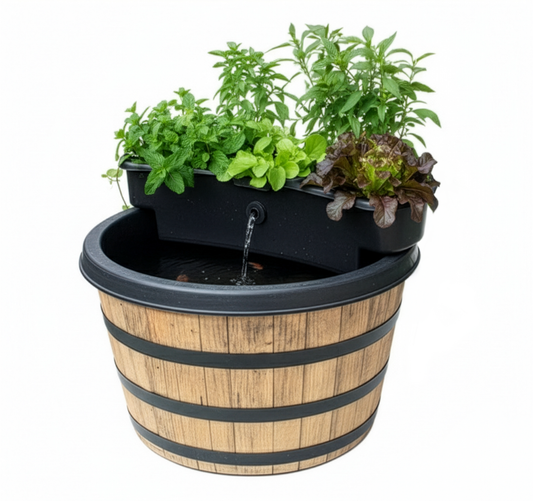Feeding the world's growing population
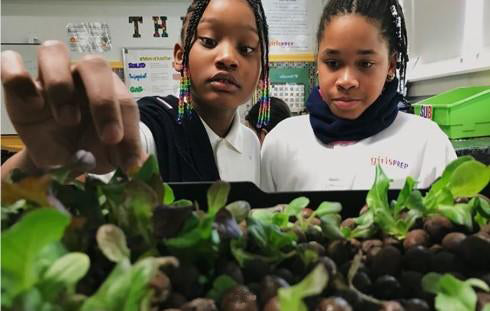
The challenge of feeding the growing global population is a complex and pressing issue. It is estimated that the world's population will reach nearly 10 billion by 2050, and feeding this growing population will require significant increases in food production. This will need to be done while also addressing issues such as climate change, declining resources, and increasing demands for more sustainable food production systems. To nourish the expanding world population is a complex task that demands a multi-disciplinary solution. Some of the main strategies that have been suggested to tackle this challenge include:
- Agricultural Advancement: The introduction and adoption of new technologies such as precision agriculture and genetic engineering aimed at boosting the efficiency and output of agriculture.
- Environmentally Sustainable Farming: The promotion and application of sustainable agricultural practices like crop rotation and conservation tillage aimed at conserving resources and cutting down waste.
- Improved Access to Nutrition: Ensuring that individuals have access to safe, nutritious and reasonably priced food, especially in developing countries where poverty and starvation continue to be significant problems.
- Decreasing Food Loss and Waste: Reducing the quantity of food that goes to waste or is lost between production and consumption, both in developed and developing countries.
- Dietary Alterations: Encouraging people to adopt healthier and more sustainable diets, such as reducing meat intake and increasing the consumption of plant-based foods.
- Increasing Agricultural Productivity: Developing new technologies and farming practices that increase the efficiency and productivity of agriculture, such as precision agriculture, vertical farming, and smart irrigation systems.
- Promoting Climate-Smart Agriculture: Adopting practices that reduce the carbon footprint of agriculture, such as regenerative agriculture, agroforestry, and the use of renewable energy in farming operations.
- Encouraging Agricultural Diversity: Promoting and supporting the cultivation of a wide range of crops, including traditional and underutilized crops, to ensure food security and reduce dependence on a limited number of crops.
- Supporting Small-Scale Farmers: Providing small-scale farmers with the resources and support they need to produce food more efficiently and sustainably, including access to credit, technology, and markets.
- Investing in Food Systems: Investing in the infrastructure, technology, and innovation needed to create a more efficient and sustainable food system, from farm to table.
These are just a few examples of the numerous strategies being implemented to feed the growing global population. A combination of these and other solutions, as well as increased collaboration among government, industry, and civil society, will be necessary to effectively tackle this challenge.



